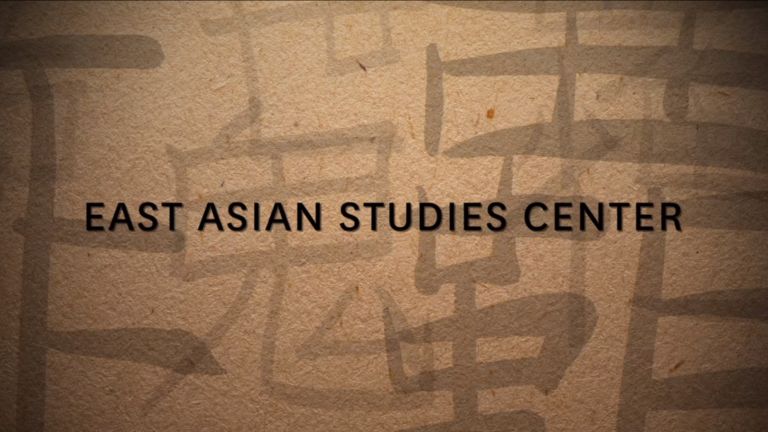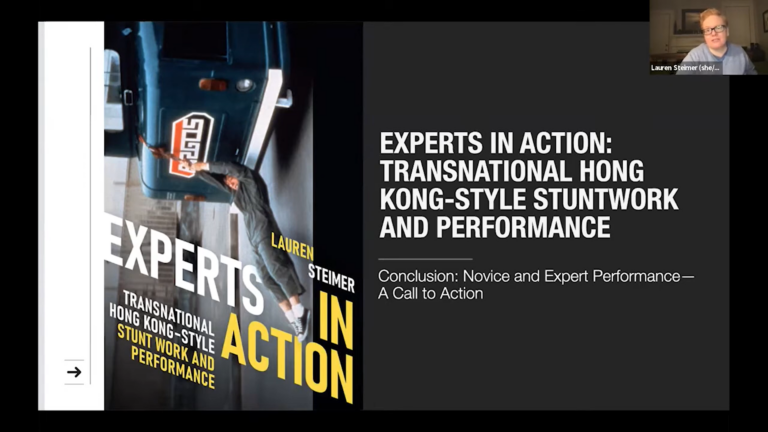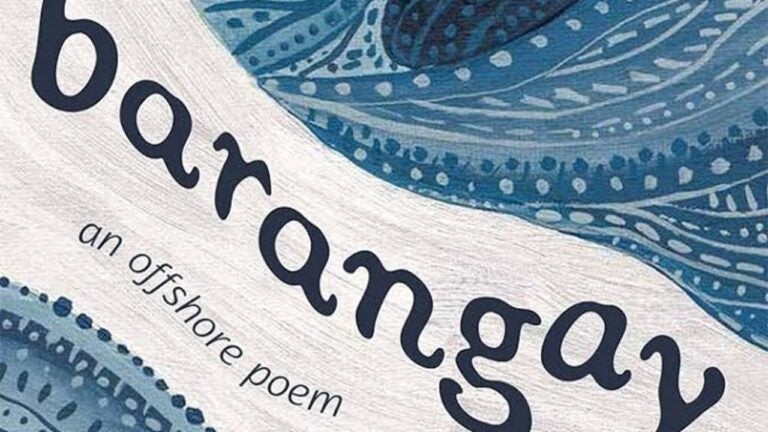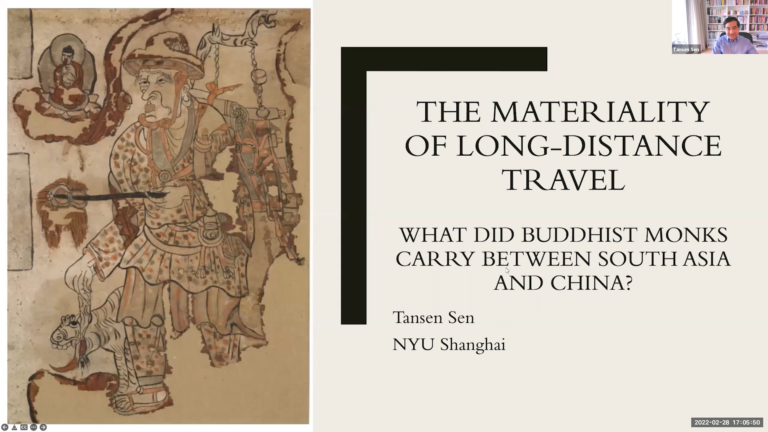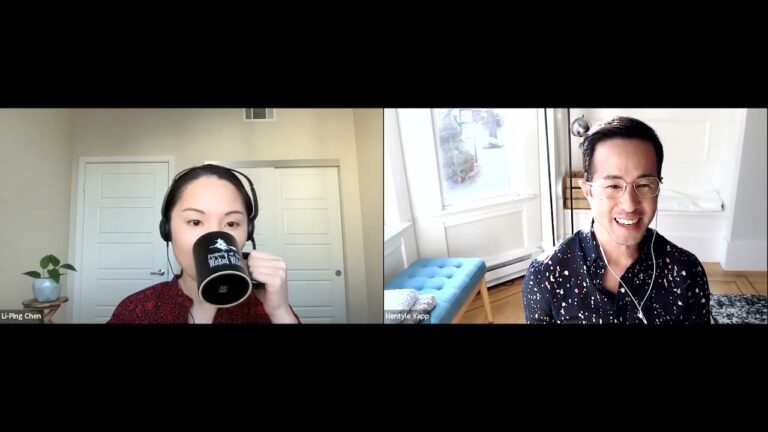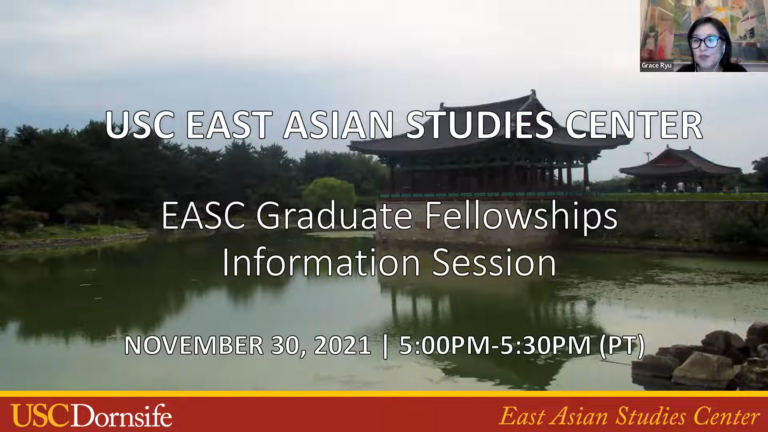East Asian Studies Center
Videos
Filter
April 14, 2022 | The USC East Asian Studies Center has launched another EASC New Book Series for the wider community. This series is organized by Li-Ping Chen, Postdoctoral Scholar & Teaching Fellow in the USC East Asian Studies Center. This monthly series on Zoom will introduce recent publications in Sinophone studies to the USC community and the wider public. This session featured a discussion on Defectors from the PRC to Taiwan, 1960-1989: Anti-Communist Righteous Warriors (Routledge, 2022) with author Andrew D. Morris (Professor of History at California Polytechnic State University, San Luis Obispo) and discussant Dominic Meng-Hsuan Yang (Associate Professor of East Asian History, University of Missouri-Columbia).
March 9, 2022 | The USC East Asian Studies Center has launched another EASC New Book Series for the wider community. This series is organized by Li-Ping Chen, Postdoctoral Scholar & Teaching Fellow in the USC East Asian Studies Center. This monthly series on Zoom will introduce recent publications in Sinophone studies to the USC community and the wider public. This session featured a discussion on Experts in Action: Transnational Hong Kong-Style Stunt Work and Performance (Duke University Press, 2021) with author Lauren Steimer (Associate Professor of Media Arts and Film and Media Studies, University of South Carolina) and discussant Po-Shek Fu (Professor of History, University Of Illinois at Urbana-Champaign).
March 7, 2022 | As beautiful and varied as an archipelago, barangay:an offshore poem (Wolsak & Wynn, 2021) is an elegant new collection of poetry from Adrian De Leon that gathers in and arranges difficult pieces of a scattered history. Adrian De Leon, Assistant Professor of American Studies and Ethnicity converses with Craig Santos Perez, Associate Professor of English and Chair of the Hawaiian, Asian, and Pacific Islander Board in the Office of General Education at the University of Hawai'i, Mānoa.
While mourning the loss of his grandmother who "lived, loved and grieved in three languages," De Leon skips his barangay, which is both a boat and an administrative unit in the Philippine government, over the history of both his family and a nation. In these poems De Leon considers the deadly impact of colonialism, the far-reaching effects of the diaspora from the Philippines and the personal loss of his ability to speak Ilokano, his grandmother's native tongue. These are spare, haunting poems, which wash over the reader like the waves of the ocean the barangays navigated long ago and then pull the reader into their current like the rivers De Leon left behind.
The Materiality of Long-Distance Travel: What did Buddhist Monks Carry between South Asia and China?
March 4, 2022 | The travels of Buddhist monks (and, in some instances, nuns) between South Asia and China facilitated the circulation of ideas, knowledge, and objects. The writings of Chinese Buddhist monks Faxian, Xuanzang, and Yijing have detailed the perilous nature of such travels and pointed to the diverse itineraries these monks took. While there have been numerous studies on the travels of these and other monks, the examination of what they carried during their arduous journeys is still to be examined in detail. This presentation focuses on the daily necessities, gifts, texts, and other items Buddhist travelers carried with them as they traveled through overland and maritime routes. The aim is to explore and formulate a conceptual framework for the materiality of long-distance travel as well as the agency of objects in the Buddhist connections between South Asia and China.
February 23, 2022 | In this new era of rapid transitions, from onsite to remote and paper to digital platforms, we have an unprecedented opportunity to reimagine the way we approach many activities, including how new therapeutics are developed for a global population. Now more than ever, topics like regulatory convergence and harmonization, decentralized clinical trials, artificial intelligence, mobile health, and remote data capture are explored to reduce duplication of efforts, reuse data from one jurisdiction for another, and include historically under-represented populations in the clinical trial process. The seminar, hosted by USC East Asian Studies Center, is an overview of this dynamic topic with a special regional focus on East Asia.
February 10, 2022 | The USC East Asian Studies Center has launched another EASC New Book Series for the wider community. This series is organized by Li-Ping Chen, Postdoctoral Scholar & Teaching Fellow in the USC East Asian Studies Center. This monthly series on Zoom will introduce recent publications in Sinophone studies to the USC community and the wider public. This session featured a discussion on Minor China: Method, Materialisms, and the Aesthetic (Duke University Press, 2021) with author Hentyle Yapp (Associate Professor of Performance Studies at UC San Diego) and discussant Kandice Chuh (Professor of English, American Studies, and Critical Social Psychology at the CUNY Graduate Center).
December 1, 2021 | The East Asian Studies Center hosted an information session for graduate students interested in applying for EASC Graduate Fellowships, including the ACE-Nikaido Fellowship.
EASC Graduate Fellowships provide summer stipends, typically between $1,000-$3,000, depending on the proposed course of study. The purpose of the award is to advance understanding of East Asia and/or US-Asia relations. Awards are given based on the quality of the proposed project and budgets submitted with the application. The award may be used for research, language training or area studies, and can also be used for research including Asia in a comparative context or as a case study.
November 12, 2021 | The USC East Asian Studies Center has launched another EASC New Book Series for the wider community. This series is organized by Li-Ping Chen, Postdoctoral Scholar & Teaching Fellow in the USC East Asian Studies Center. This monthly series on Zoom will introduce recent publications in Sinophone studies to the USC community and the wider public. This session featured a discussion on Writing Pirates: Vernacular Fiction and Oceans in Late Ming China (University of Michigan Press, 2021) with author Yuanfei Wang (Visiting Fellow at the University of Southern California) and discussant Xing Hang (Associate Professor of History, Brandeis University).
November 1, 2021 | For decades, historians have debated the question of whether concepts equivalent to race and racism existed in premodern Chinese ethnic discourse. Unfortunately, this discussion has been hindered by reliance on an inadequate nineteenth-century practice of classifying identities as racial, cultural, or national. In this talk, Professor Yang proposes a new conceptual framework for analyzing imperial Chinese ethnic discourses and argue that certain discourses previously characterized as racist could be more usefully interpreted as two distinct but related traditions of foreign relations thinking that he terms “civilization-state discourse” and “Chinese supremacism.” He also argues that “structural/systemic/institutional racism”—as understood by critical race theory (CRT) scholars in terms of institutionalized, legally enforced hierarchies of ethnic inequality within a state—did not exist in periods when the “Han” Chinese majority was dominant but did exist in some periods of minority (e.g., Mongol and Manchu) rule, albeit in a form mitigated by universalistic official rhetoric.
- 1
- 2
